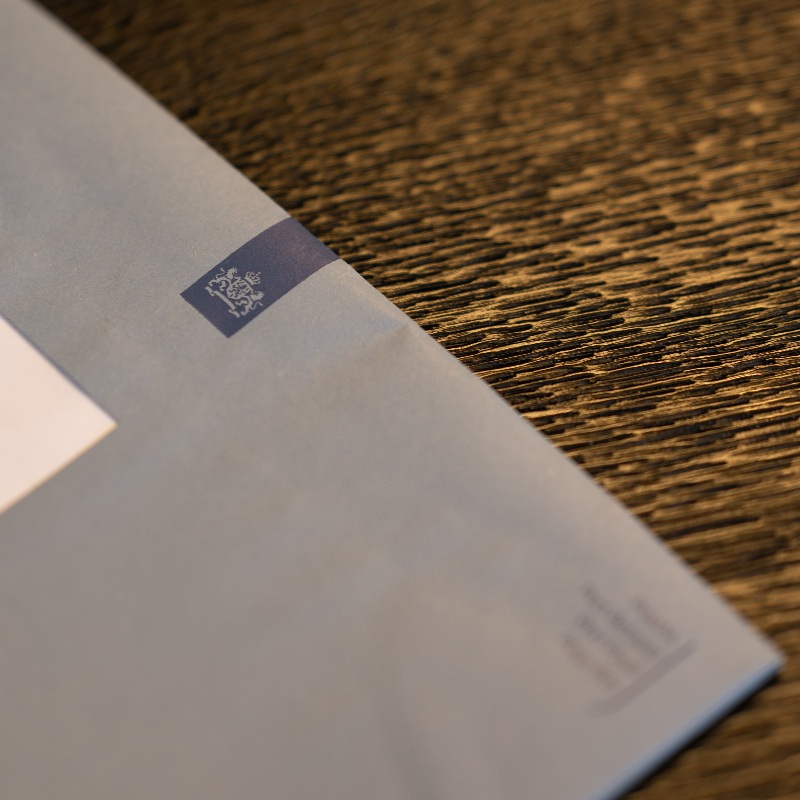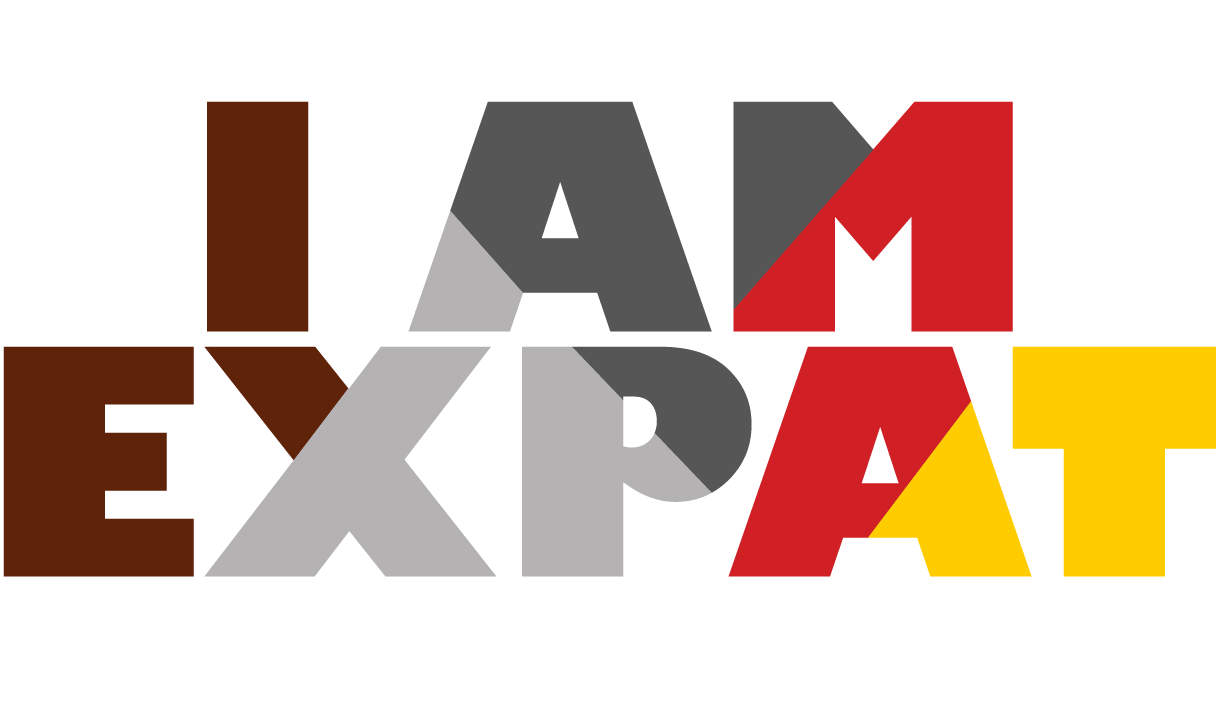Gifts can bring joy, but they can also lead to tax obligations. Any person who lives or has lived in the Netherlands can be liable to the Dutch gift tax. In the Netherlands, gift tax (schenkbelasting) applies to the transfer of assets, including money, real estate, and valuable possessions. Whether you’re giving or receiving a gift, it’s important to file your gift tax return with the Dutch Tax Authorities by March 1 each year to avoid unexpected tax liabilities. We can help you with our online tax filing service.
Use our online tax filing service and digitally file your personal gift tax return.
By signing up you can easily prepare your gift tax return (GDPR compliant) in 3 easy steps.



Do you have questions about Dutch gift tax and would you like advice from one of our tax specialists? Schedule an online meeting or a meeting in person with one of our experts. You can choose between:
30 minutes advice
1 hour advice
The gift tax in the Netherlands applies to any gift given by a Dutch resident to another individual, irrespective of whether the recipient resides within or outside the Netherlands. Someone will need to file a gift tax return, when what they receive or give exceed the exemption that applies to their scenario. The exemption that applies, is determined by the relation the giver and the receiver have to each other. Gifts between parents and their children often have much larger exemptions, than gifts between two third-parties.

When you are either giving a gift to or receiving a gift from someone abroad, the taxation process becomes more complicated. This is because when you are dealing with multiple countries, it is possible that more than one country will claim that they have the right to tax the gift. Because of this, the Dutch gift tax has certain rules about these scenarios. The Dutch gift tax legislation therefore looks at the person giving the gift, to see if they will tax that gift. This means that when you receive a gift from someone abroad, that no Dutch gift tax will be due. Due note that this does not mean that no tax will be due. The country of origin of the giver, will most likely still consider this gift taxable in that country, depending on their legislation.

When giving a gift to someone abroad, the Dutch gift tax states that, because you live in the Netherlands, the gift is taxable in the Netherlands. This will mean that there will need to be a gift tax return filed, and that Dutch gift tax will need to be paid. There is no difference in rules for giving to someone abroad and gifting to someone in the Netherlands. The same rules apply and therefore, the same exemptions also apply.
How much gift or inheritance tax you pay depends on your relationship with the deceased and the value of the gift or inheritance. The table shows which rate applies to you. Tax rates are the same for 2024 as 2023.
Value of gift | Partner and (foster or step) children | Grandchildren and further descendants | Other persons |
€ 0 – € 138.641 | 10% | 18% | 30% |
€ 138.642 and more | 20% | 36% | 40% |
Do you need help with your dutch gift tax return or would you like to easily and quickly file your tax return online? Register now in our portal by clicking on the button below.
Sometimes you don’t pay gift tax. When is that the case? That depends on your relationship with the donor as well as what you use the money for.
Do you get more than the above amounts? Then you pay tax on that portion if no other exemption applies.
Gift received by | 2022 | 2023 | 2024 |
Child of parents | €5.677 | €6.035 | €6.035 |
Remaining recipients | €2.274 | €2.418 | €2.418 |
Child of parents (18 to 40 years) used once without restriction | €27.231 | €28.947 | €28.947 |
Child of parents (18 to 40 years) used once for education | €56.724 | € 60.298 | €60.298 |
Child of parents (18 to 40 years) used once for purchase of house | €106.671 | €28.947 | €0 |
Remaining recipients once for purchase of house | €106.671 | €28.947 | €0 |
Are you between 18 and 40 years old? Then you may claim a large exemption once in a lifetime when you receive a gift from your parents. You can choose between.
You may also receive a high tax-free gift from someone other than your parents. This is even if you are between 18 and 40 years old. In this case, the high exemption only applies if you spend the donation on your home. For example, to pay off your mortgage. Even then, the maximum of €28.947 applies.
Get 100% tax compliant
With our unique portal, you can easily prepare your own income tax returns.
All this in only 3 easy steps.
Expat Service helps expats with an online tax filing service for their income tax return. Efficient, simple and affordable tax filing whenever and wherever you are in the world. That’s why Expat Service is the intelligent choice for every expat.
HQ Netherlands, Stratumsedijk 6 Eindhoven I KvK/CoC 80399673

